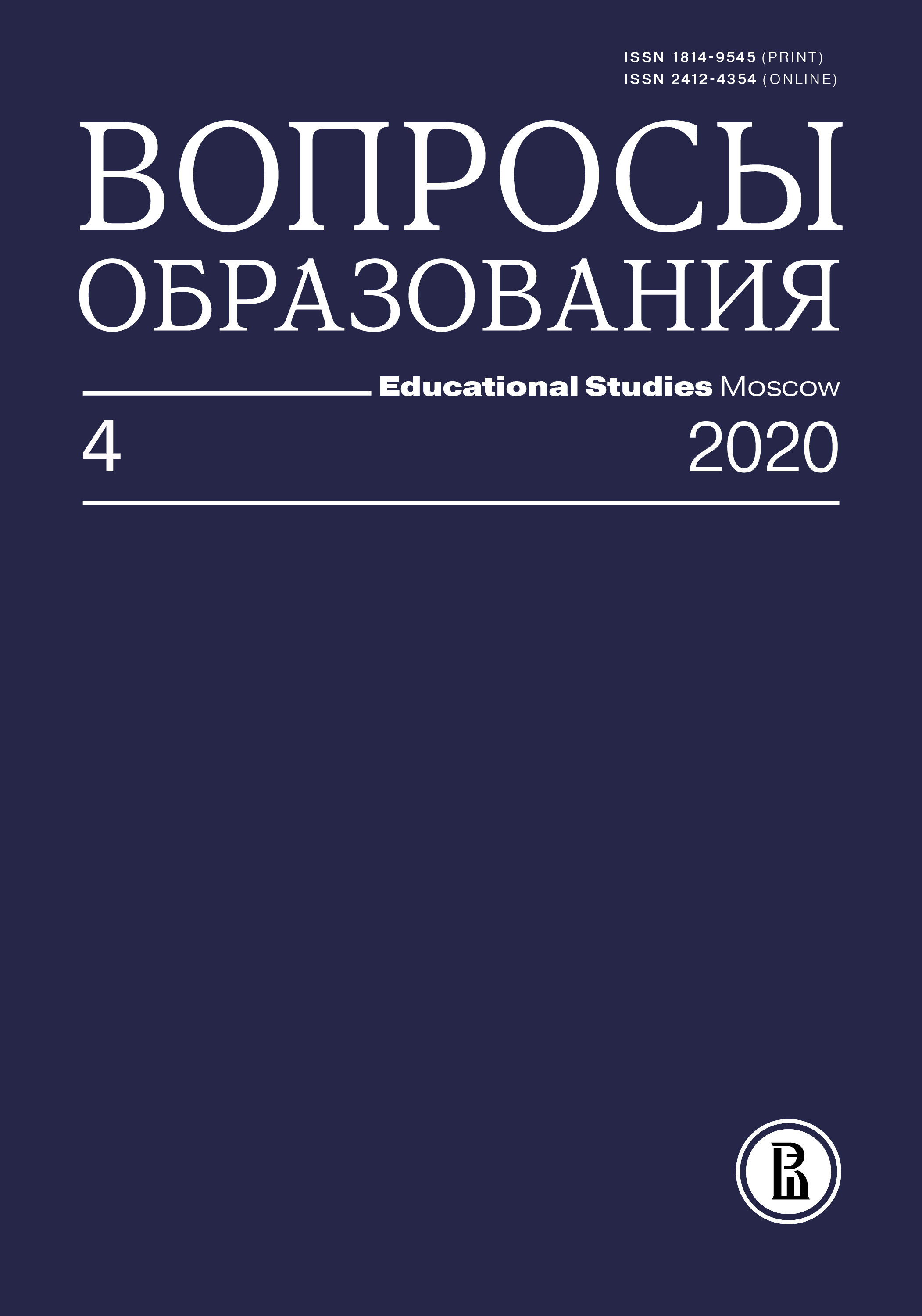Оценка личностных образовательных результатов студентов в процессе обучения в магистратуре
Аннотация
В качестве личностных образовательных результатов магистрантов, обучающихся по УГСН «Образование и педагогические науки», авторы рассматривают профессионально важные качества личности, ядром которых выступает личностная и профессиональная идентичность. В эмпирическом исследовании приняли участие магистранты, обучающиеся по программам 44.04.02 — «Психолого-педагогическое образование» (1‑й этап — 60 человек, 2‑й этап — 35). Применялись методики исследования личностной идентичности (МИЛИ) и профессиональной идентичности (МИПИ) Л. Б. Шнейдер, тест коммуникативных умений Л. Михельсона в адаптации Ю. З. Гильбуха и шкала эмоционального отклика А. Меграбяна и Н. Эпштейна. Установлено, что за время обучения значимые изменения происходят в профессиональной идентичности магистрантов: они существенно продвигаются в развитии коммуникативной компетентности и эмпатических способностей. Выявлена неоднозначная динамика формирования профессионально важных качеств личности на 1‑м и 2‑м году обучения в магистратуре. Намечены перспективы дальнейших исследований по проблеме психолого-педагогической оценки личностных образовательных результатов студентов в процессе обучения в магистратуре.








